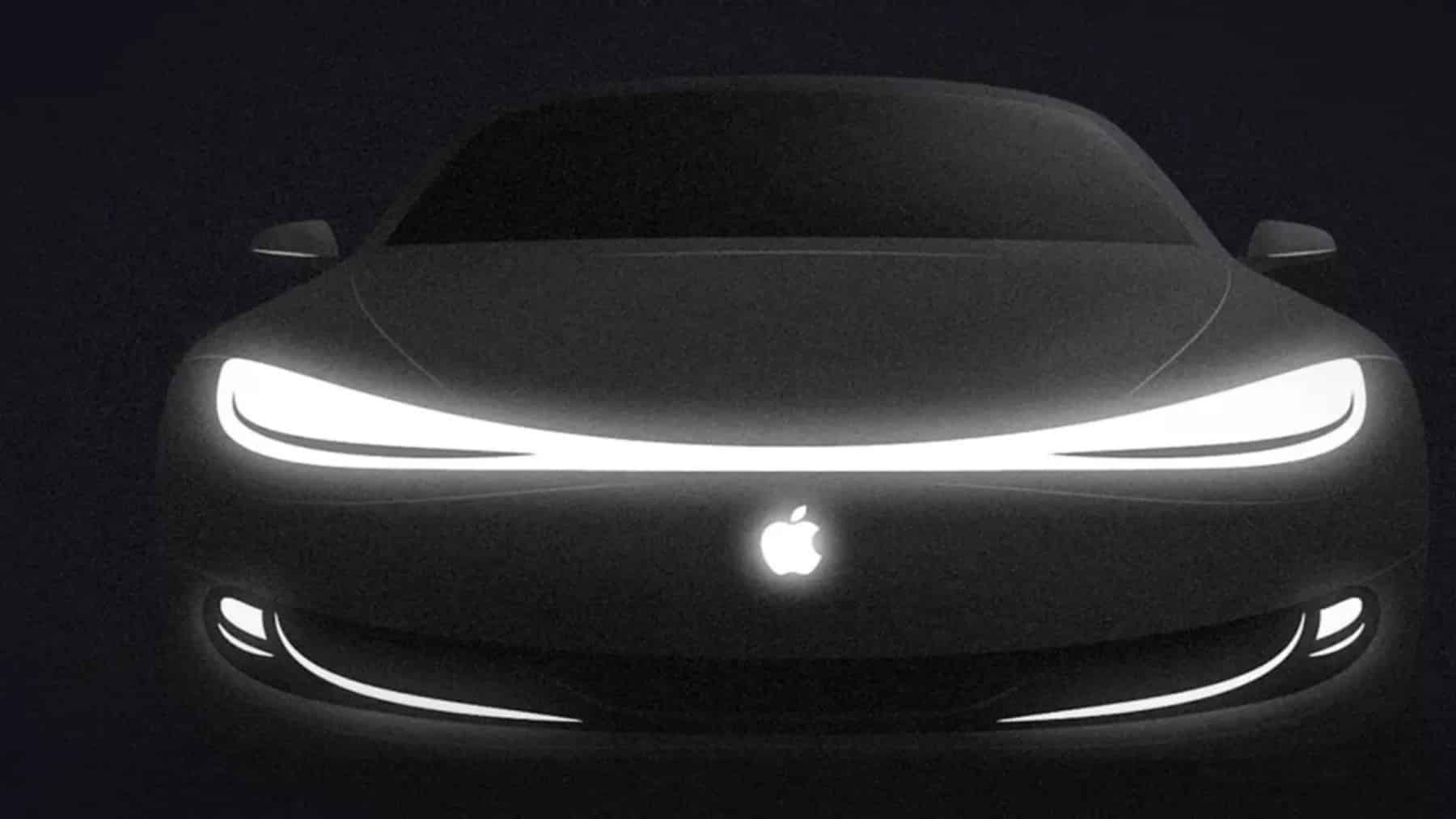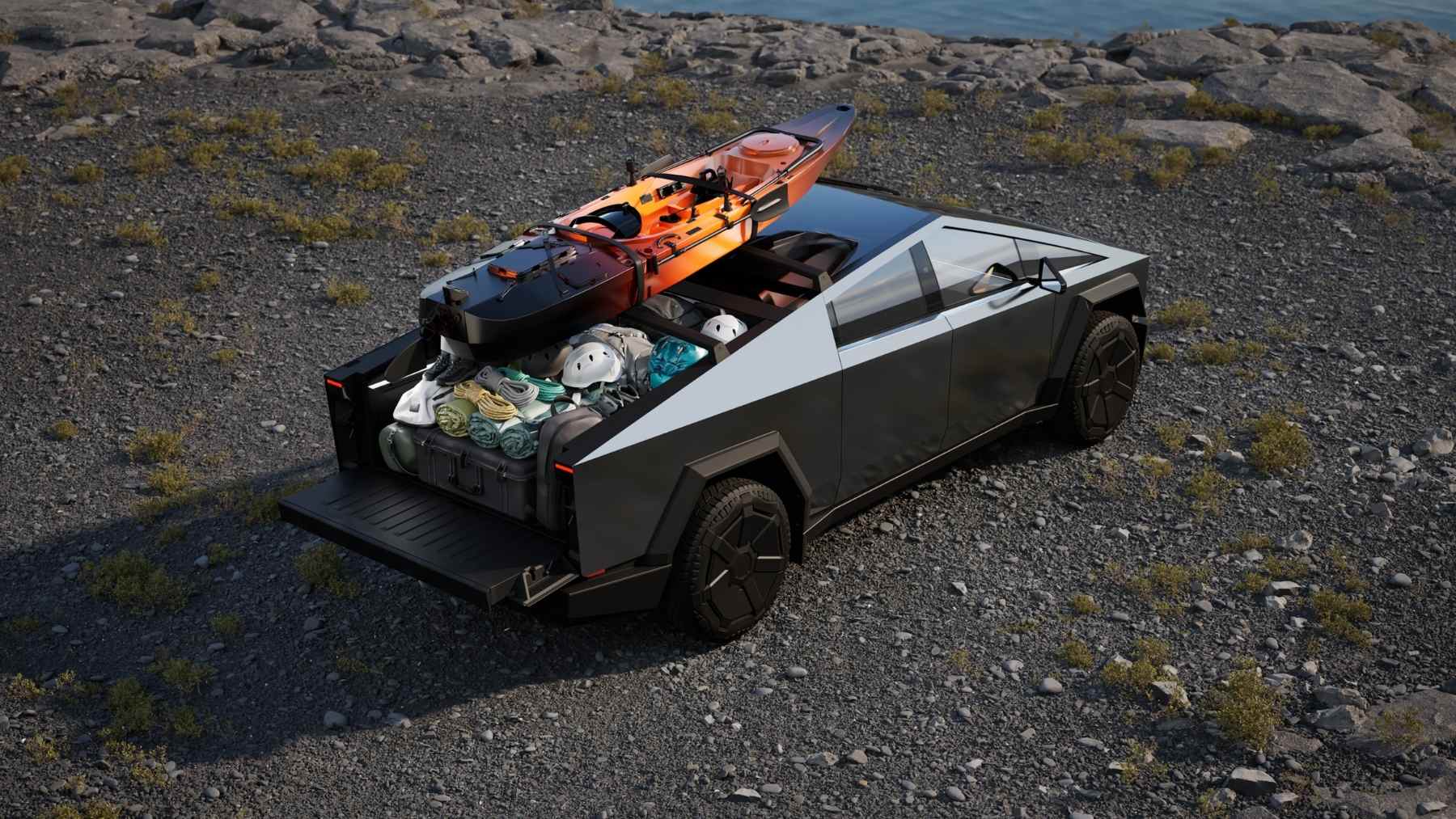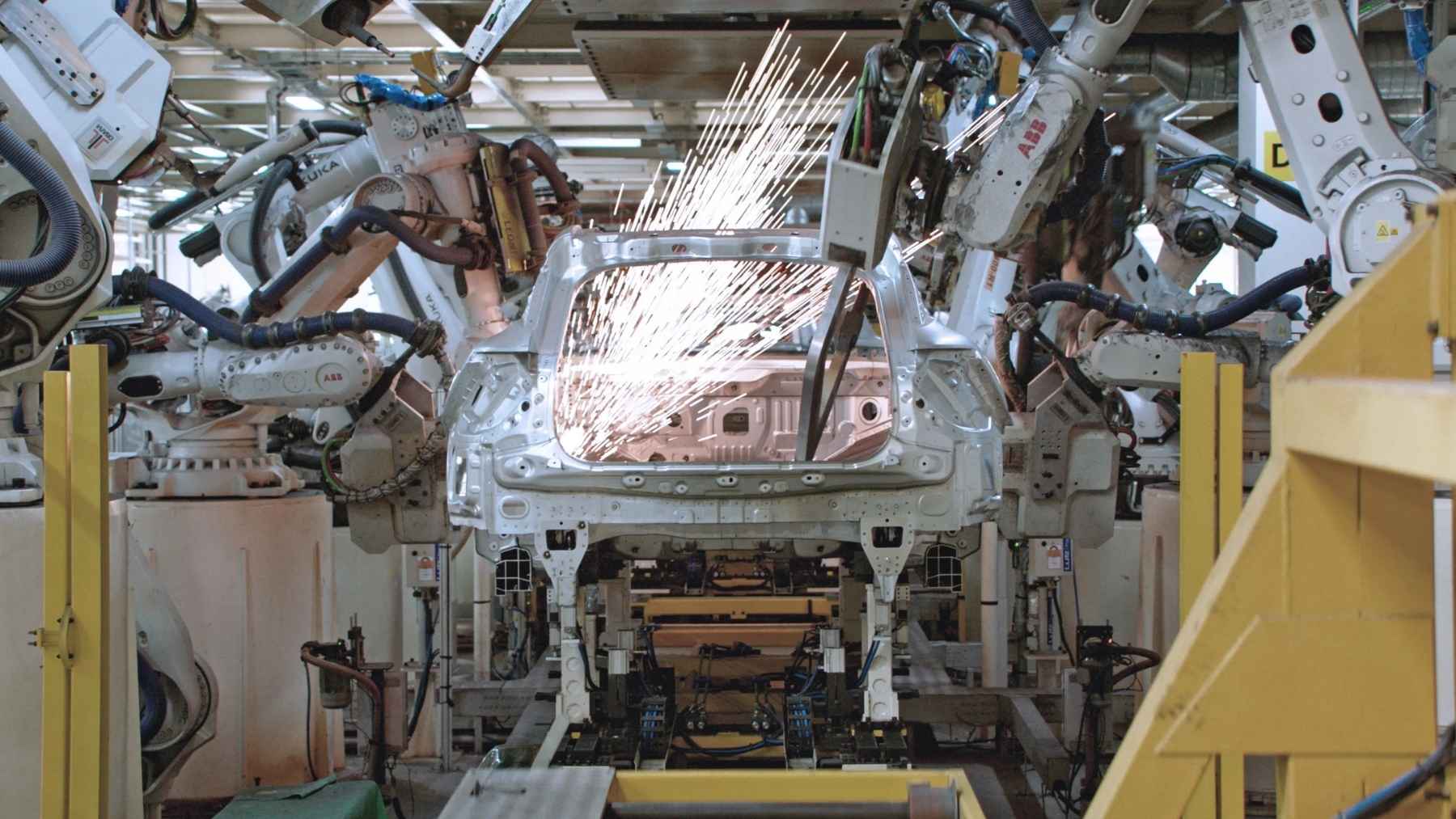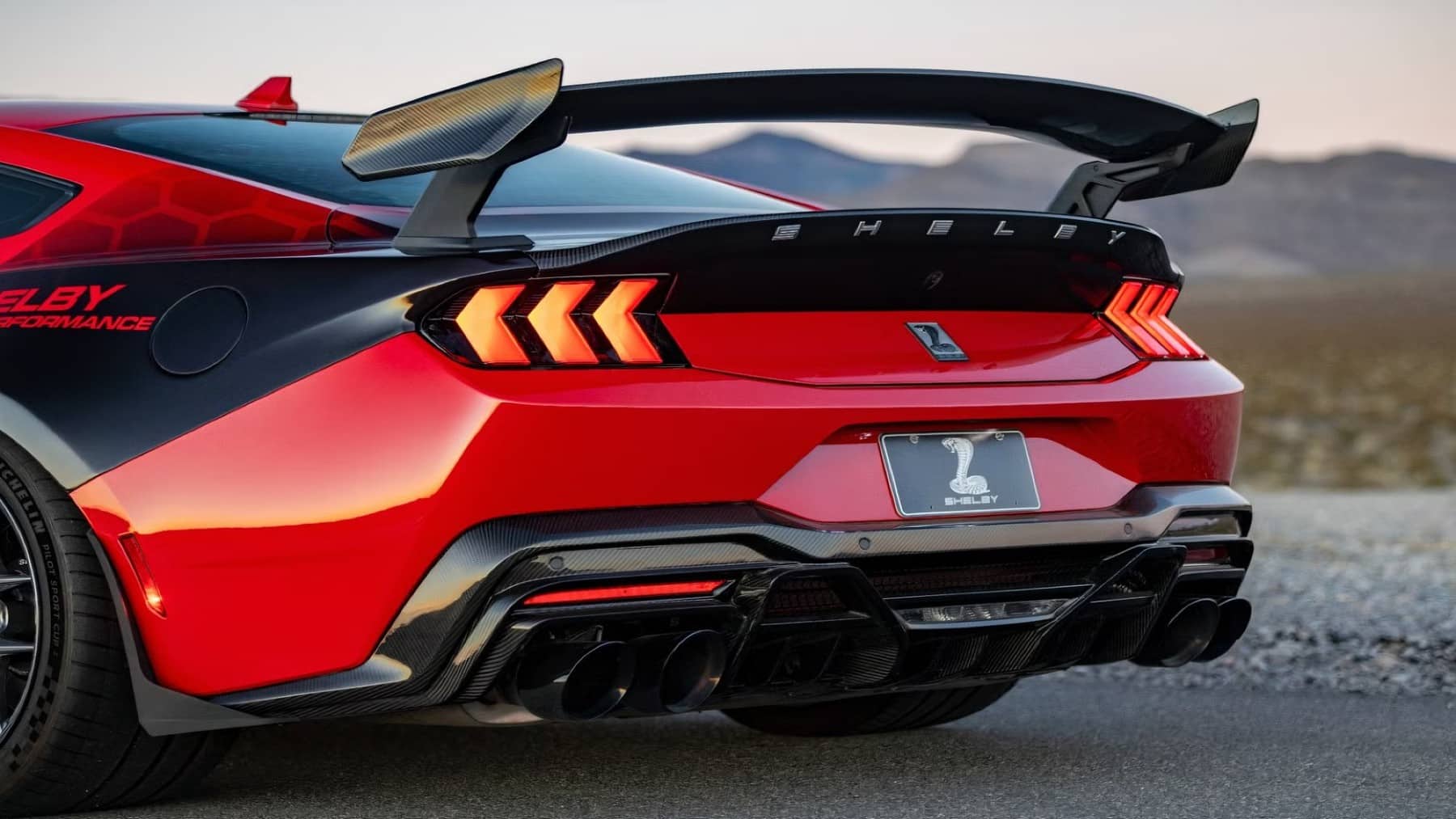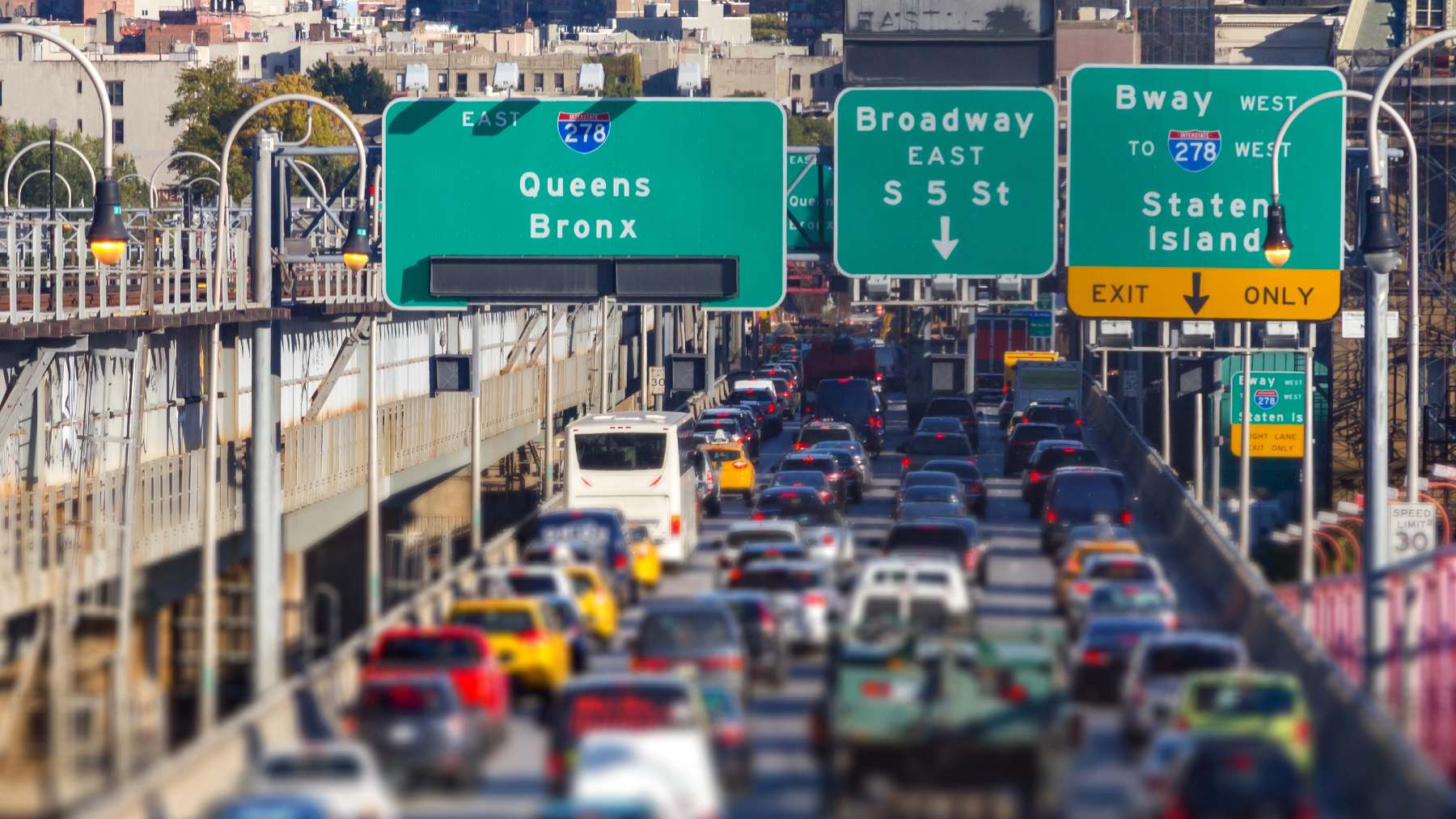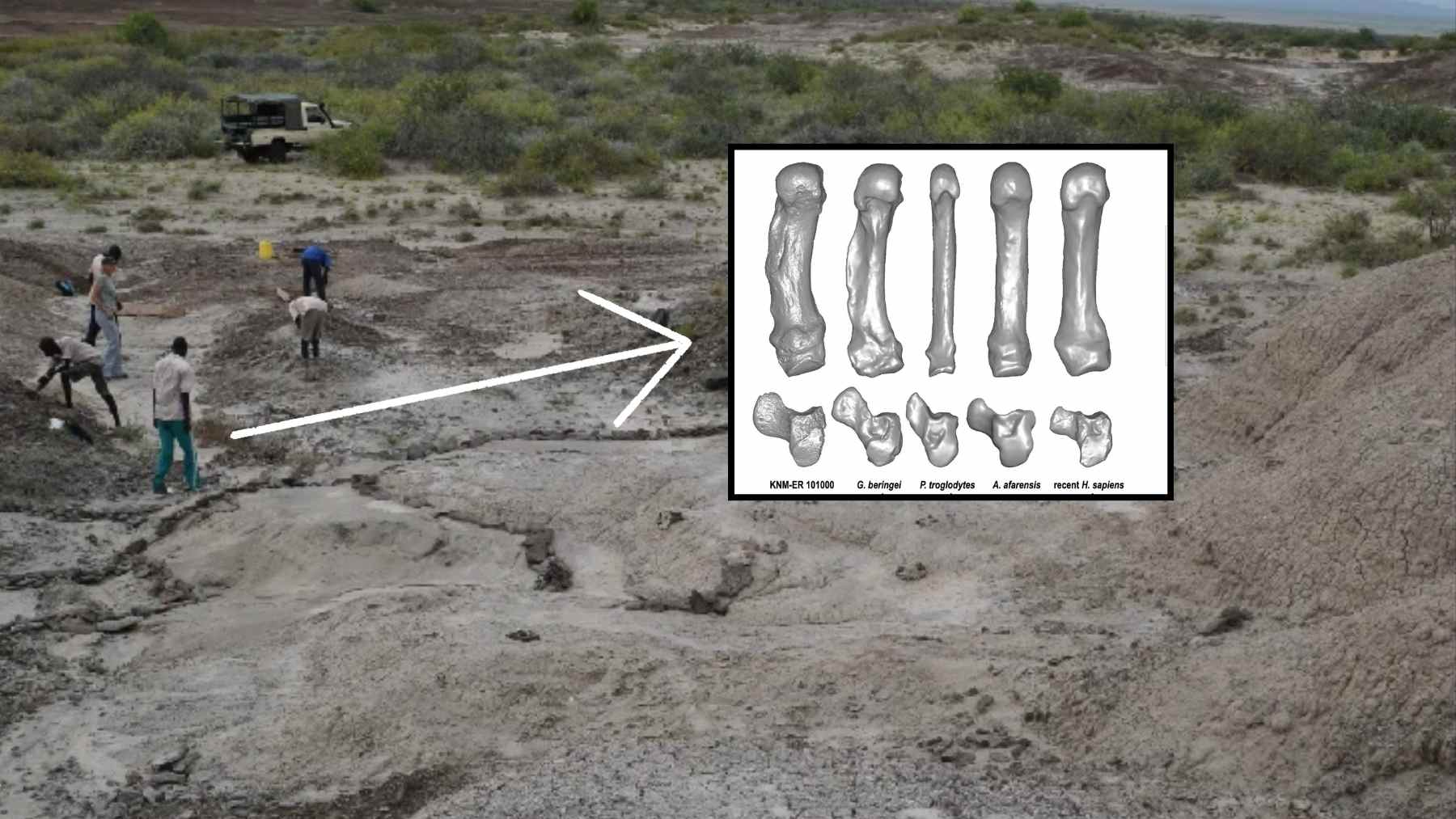Autonomous driving is well on its way to becoming the next focus of automobile companies worldwide. For the past decade, the automobile industry, and mostly Elon Musk and Tesla, have largely focused on the implementation of alternative engine models. They have specifically looked at scaling up the number of electric and hybrid models on the road. Now, companies are looking at other futuristic technologies to add as major automobile brands attempt to stay competitive and relevant. Technological powerhouse Apple, however, may not be joining the initiative anymore.
Autonomous driving: The future of automobiles
The concept of autonomous driving has been around for decades. The idea of self-driving cars is not only alluring in a world where people spend a large amount of their time travelling and sitting in traffic. Being able to trust your car to get you to your destination without you having to actually be the driver would open up an opportunity to be able to complete work and other activities while commuting.
Electrical vehicle giant Tesla has been a pioneer of this technology, pushing for its implementation. While not fully autonomous, the company does offer the following self-driving technologies: Autopilot and Full Self-Driving (Supervised). Full Self-Driving (Supervised is more advanced than Autopilot, offering increased capabilities such as auto lane changing and auto parking. However, Tesla has come under recent investigations by the National Highway Traffic Safety Administration (NHTSA) regarding traffic accidents involving the technology.
Elon Musk is behind the Apple car cancellation
In a surprising move, Apple announced that it would begin developing its own autonomous driving after gaining a permit in 2017. However, the company has since put the entire project on hold, dismantling the team in 2024 that formed part of the Apple car project. The project was dubbed “Project Titan” and got as far as putting an electrical test vehicle on the road to test the autonomous driving technology.
After investing over $10 billion into the project, it was surprising to see the company fully abandon the project: Experts have weighed in on Apple’s decision, with the prevailing conclusion that Apple’s ambition too create a fully autonomous vehicle was not a match for efforts from innovators such as Elon Musk, CEO of Tesla, and other automobile companies. So far, Tesla has been the only American automobile company putting self-driving cars on the road. However, this technology is not fully autonomous and still requires a supervising driver.
“Apple’s belief that it could create a better car than Tesla and the rest of the automotive industry ultimately led to the downfall of the project,” describes Mark Gurman for Bloomberg, “the auto market is harder to crack than smartphones, computers and MP3 players. It has evolved over a century and is filled with far more competitors and more complex supply chains — and requires a ton of capital,” he continued.
Is autonomous driving possible?
The reality is, efforts from Tesla and other major automobile companies to produce a fully autonomous vehicle have been met with regulatory challenges. The current technology in and of itself, which still calls for a driver, has been met with controversy and concerns over safety. Putting a car on the road that has no driver at all would be a slow and complex process to receive approval from regulatory bodies.
Achieving full autonomous driving would require a complete revolution within the industry. Many have noted that a successful fully autonomous driving system would require that all cars operate on this technology, as well as all sharing the same core technology. Further, the technology currently faces several ethical challenges, such as who is to blame if someone is seriously injured in a car accident while the technology is in use. A major challenge would also be to get consumer support and trust for the technology.
